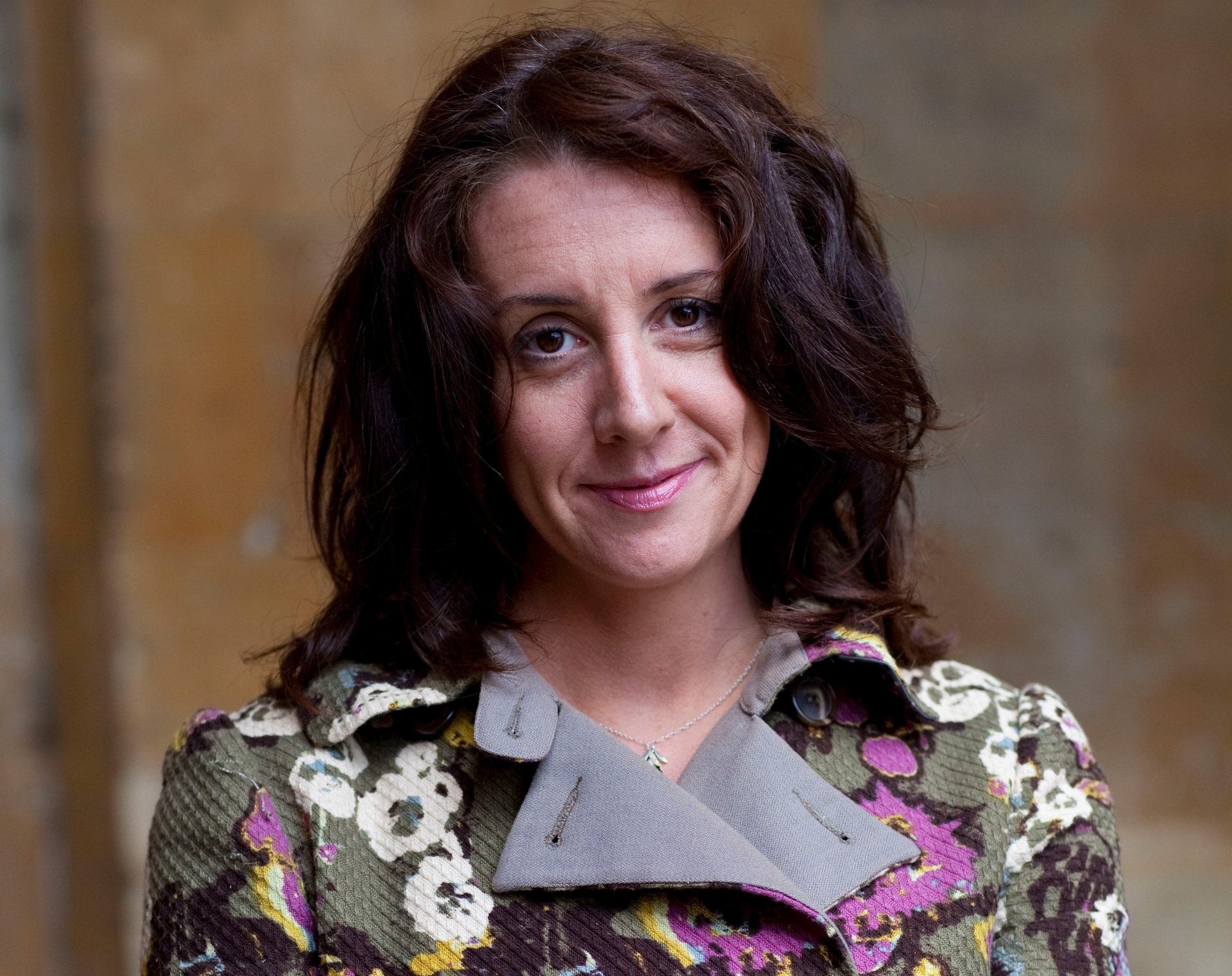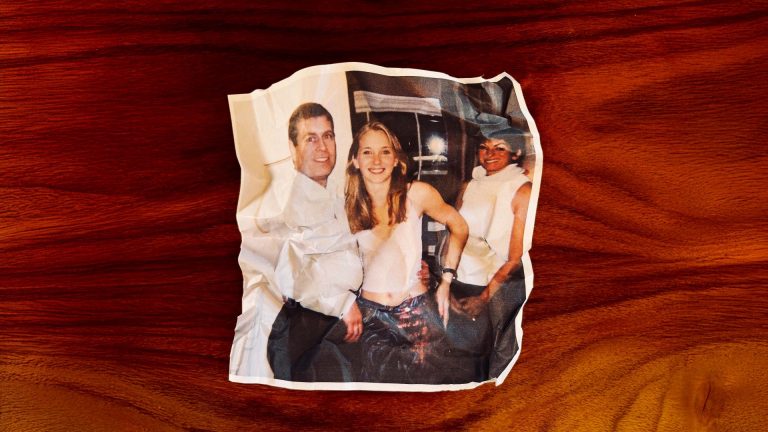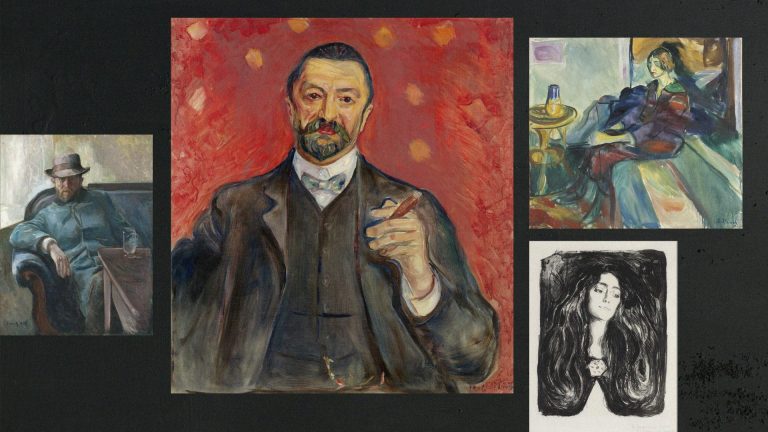Twenty-two years ago, I was working in sales in the textile industry, but I couldn’t stop asking questions about the provenance of materials and whether the people in the supply chain had been paid fair wages. I was clearly getting on everybody’s wick.
I decided to look for a workplace that fitted more easily with my values, a place where such questions might be welcomed rather than hissed at. I answered an advert in The Guardian to work as a temporary admin assistant.
I was a Guardian reader, plus my granddad had been a long-term Observer reader so I was very familiar with its – at that time – huge broadsheet pages causing all manner of arguments on a Sunday. This struck me as a newspaper group that held powerful corporations and people to account. It spoke truth to power.
I got the temp job. As was common at the time, the advert was marked ‘This is not a route into journalism’. That was fine with me. I had no such aspirations, and I joined The Observer Magazine, replacing the previous incumbent who was off to be a journalist (obviously she had taken no notice of the ban on progression either).
I became the full-time editorial assistant and for a few years, the job fitted me like a glove. The people I worked with cared about the environment, workers’ rights and social cohesion. They ran pieces calling out racism, misogyny and injustice. My first proper feature, if only extended photograph captions, covered the UK’s first civil partnerships. The paper’s values felt like my values.
Before ‘woke’ was a thing, outside of work my friend’s dad used to refer to me with some trepidation as ‘The Manchester Guardian’, a clue that everyone better mind their Ps and Qs when I was in the vicinity.
It was during this time as an admin assistant that I was assaulted by Nick Cohen, a prominent and highly-regarded journalist and, until this week when his column was “paused” as he is investigated by the company, still a star columnist on The Observer, as well as other publications including The Spectator and Private Eye.
For clarity, while I didn’t think the assault was serious sexual assault, it was alarming, deliberate and made me extremely uncomfortable. It was not a brush pass, an arse slap or anything that can be thought of as high jinks. It was a deliberate and serious grope.
Years later, I decided to describe that encounter on Twitter. The thread of tweets read:
“I don’t normally read Nick Cohen’s column in the Observer. Ever since he ‘groped’ me at the photocopier (zero marks for originality) at work when I was an admin assistant in my early 20s I have avoided being anywhere near him. But I do think he is a total creep.
“His assault on me would not be considered a serious sexual assault but lurking in the shadows to lay your hands on an underling (or anyone) is not to my mind compatible with the position he presents.”
There’s something particularly embarrassing about admitting to being groped. It lies in the hinterland of wrong and a bit of fun. Part of this must surely lie in the Benny Hill-soaked culture that many of us grew up with and a general inability to see and understand distress and how to deal with it.
The Conservative MP Caroline Nokes and the political editor Ailbhe Read both went public about being groped by the Prime Minister’s father, Stanley Johnson. They are definitely heroes of mine and I think have had wider influence. Many, perhaps even some readers of this article, will subscribe to the view of Stanley’s daughter, Rachel Johnson that by calling out her gropey dad, Nokes was “not playing the game”, from which we must infer that we should shut up and put up.
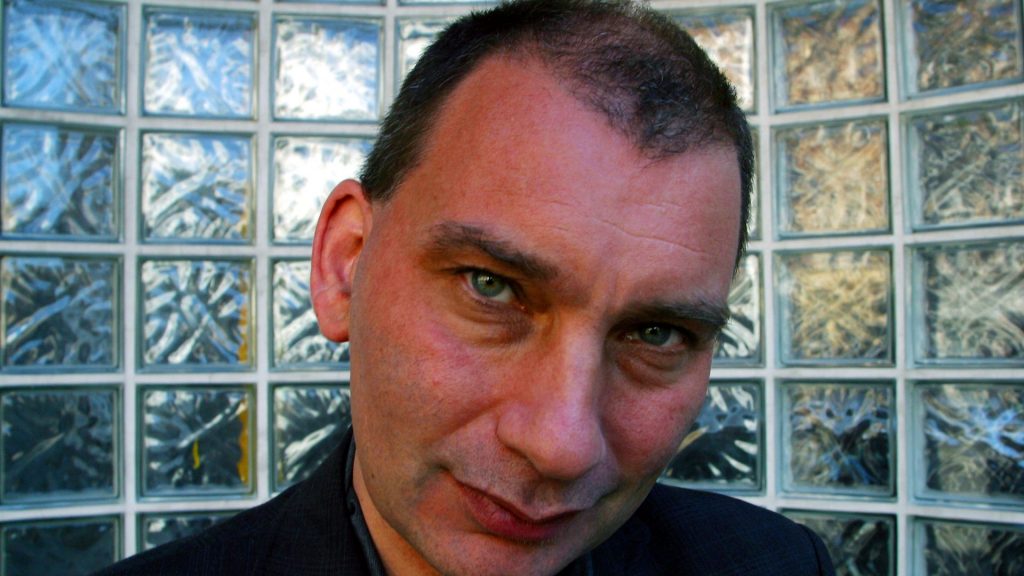
But what happens if you don’t “play the game” and just let the offence slide? Like Nokes and Rea, I was to find out.
In 2018 in the light of #MeToo I found myself thinking about the incident and my reaction to it. By this time I was freelance, but was writing a column for The Observer on ethical living that had run for 14 years. I was also the founder of the ground-breaking Observer Ethical Awards that ran for a decade, celebrating social and environmental justice.
For me, there was a very close bond between #MeToo and the stories I had covered around social justice, particularly all the young female garment workers (the fashion supply chain has always been a big story for me that I have covered extensively in the Guardian and Observer) who are routinely assaulted, raped and intimidated during the working day.
I became deeply ashamed that I hadn’t reported my experience. Meanwhile, my deep connection to the Observer/Guardian and the values we projected meant that I was anxious about how the titles’ increasingly strident coverage of MeToo would be perceived if stories like mine did come out. I sensed a risk to my precious brand, but I still wasn’t sure what to do about it.
Then, by chance, at a leaving do a colleague happened to mention that a weird complaint had come in about Nick Cohen but was not credible. I asked why it wasn’t deemed credible and they didn’t really have a good reason.
Then I disclosed my experience. The colleague suggested if that had been known, they would have had a different perspective of the complaint they had received. It was implied that it had been discounted as a smear. I thought that was a dangerous assumption given my own experience.
The next day I emailed the office of a senior executive who had managed me for years to book a meeting, and a few days later I arrived for that meeting.
Spoiler alert: it was a horror show.
The meeting caused me extreme anxiety. Within minutes I felt that the person I was talking to was trying to shut me down. They were at turns dismissive, talked over me, angry and yet also confusingly vague. I was so traumatised that I wrote down a full note of everything I remembered as soon as I could get to my laptop.
I was confused and very anxious but I knew that the way I had been dealt with was not correct.
From my contemporaneous notes (and as a journalist who Guardian News & Media trusted to write hundreds of pieces for them they presumably trust me to take accurate notes) I can now see how I was bounced around.
As you read the details of how the meeting progressed, it’s important to remember this took place at a time when the news agenda was steeped in the MeToo movement. If my complaint was being treated this way, how could The Guardian possibly take the moral high ground when it came to reporting on other industries and individuals?
The meeting began with me. I described why I was there, and went on to tell the senior executive about Nick Cohen’s assault on me. There was not much response at this point, just a blank stare which I felt to be slightly hostile. But when I mentioned that I was aware there had been another allegation, the senior executive became animated.
They set me straight (“That sort of Twitter allegation would not be investigated in that way ever…”) and pulled a face of disgust at the very idea of that allegation. The executive also denied any knowledge about any allegation.
The meeting continued and the exec pointed out a number of times that it would be difficult for me to proceed with my complaint anonymously and made it sound as if I will have to go head-to-head with “Nick”. He was called by his first name throughout, and there was lengthy speculation from the exec about what he might say and how he might be affected by such an allegation.
“He might not remember anything, he might not know who you are!” the exec announced.
I was at a loss to know why this was said or what it means. I tried to make the point about MeToo and the Observer’s reputation, which was very important to me. At this point, the exec almost jumped out of their chair. “You’re going to write about it?” The exec seemed very concerned about this possibility.
I say, “no I didn’t say that”.
The exec then told me that Nick Cohen was frequently targeted for abuse because of his political standpoint. They sounded like they were defending a very precious asset, their star striker. I could not understand why this was remotely relevant, but my brain began to compute that this conversation was not welcome.
By this time I also held some relative status on the paper. I had a readership, I had some profile from my TV work too. But if I was being treated in this way and my concerns minimised (as I believe they were), then what has haunted me ever since is wondering how someone who was less of a fixture would have got on? What chance would an intern or an admin (as I once was) have had of making an allegation against a powerful male? How would she be heard and supported?
By the time the meeting finished, I felt like I had been in a laundry cycle, but also a bit like I’d been beaten up. As happens with these things, you pore over them afterwards to make sure that you haven’t been over-sensitive or misread.
I have done this many times and I have also looked at the protocols of other organisations. This is from the ACAS website, for example:
‘Your employer should take your complaint very seriously [and] handle it fairly and sensitively’. I can categorically say that I felt none of these things happened.
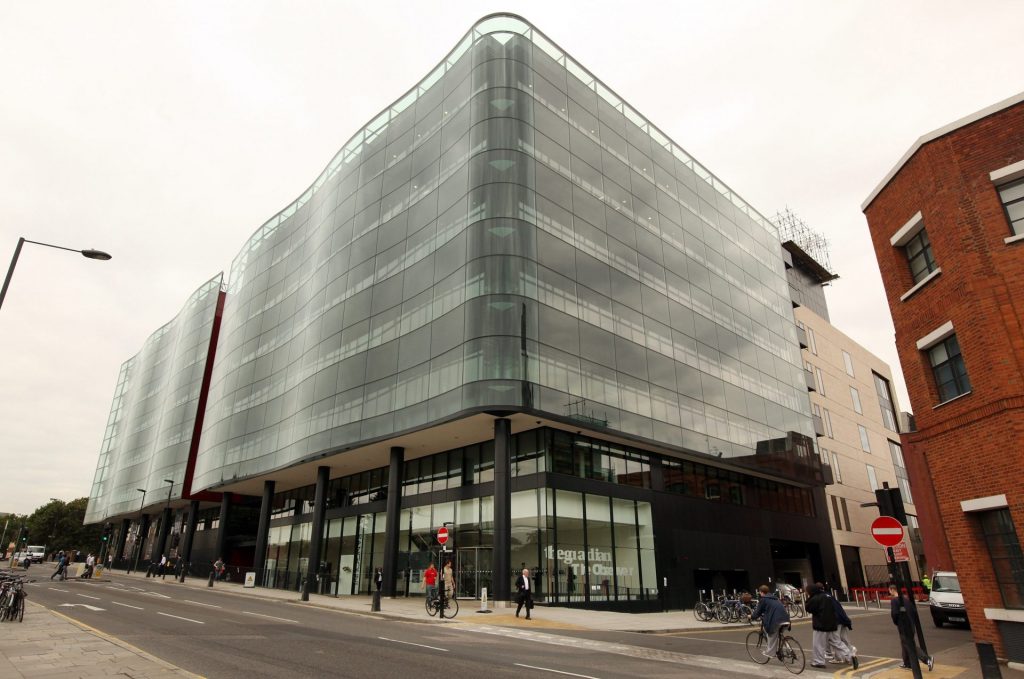
A week later I received an email from the same executive wondering if I had further thoughts and telling me that they were available for a chat. I considered the concerned tone rather fake after the hostile environment of the meeting.
Certainly, it was not remotely a proactive response to a complaint of sexual harassment in the workplace. It lacked any specificity or clear route; ‘further thoughts’ I wondered if they meant any more first-hand accounts of being assaulted by a member of their staff in the workplace they manage.
Given my experience and conviction that my complaint was not being treated seriously, I responded that I was not minded to pursue the complaint within Guardian News and Media. GNM and its lawyers have since said that I turned down the offer of an investigation.
I dispute that any formal investigation was offered and I had absolutely no clue what the process looked like but I knew damned well it wasn’t going to go well for me.
I felt angry and adrift. This, I learn from friends who have tried to report sex pests in other industries, is not an uncommon response from the gatekeepers to workplace justice. I have lost count of the number of women of my vintage and younger who have been ‘discouraged’ from reporting men who have sexually harassed or insulted them.
‘Discouraged’ is a soft word for a hard action that leaves the complainant facing double jeopardy; on one hand, you have disclosed something important to someone that you no longer trust, and on the other hand, having played your card, you have nowhere to go. I felt that I was now in a double bind.
Whether this is done through ignorance or a lack of professionalism, or just a ruthless pragmatism is hard to say. But this much I know: if your organisation is saying it has standards about conduct in the workplace (and indeed outside of it) then you should be upholding them. How do you complain about the complaints process? That has proved to be a terminal issue in this case.
This also raises the question of what a good process looks like. I don’t feel that it should be incumbent on me to give pointers on duty of care and safeguarding to an organisation with the reach and resources of the Guardian or to line them up with an alternative benchmarked system.
However, I recently had a relatively minor issue on social media where I was harassed by someone connected to a charity I am involved with. Because of my experience with GNM, I wavered before I contacted the charity to tell them about it.
When I eventually did get in touch I got a written response and a follow-up call from the CEO of that organisation within half an hour. The tone was reassuring and no blame was apportioned to me. I did not feel that I had done something wrong. They had immediately accessed their strategy and moved to protect me. They told me exactly the steps they were taking. I was absolutely amazed. This is what a functioning system looks like, but more importantly for women in my position, this is what it feels like.
Guardian News and Media have let it be known to us through its lawyers that it is committed to investigating any allegation of misconduct and seems to think it has a tip-top system in place. But for me, they are not asking themselves the right question. That is: Why are women “discouraged” from entering into their process after making initial contact?
It’s not just me. I am now aware of several other women that have also been “discouraged” from passing this apparent threshold.
Ah yes, the thresholds. My experience of trying to report misconduct is that there are a number of thresholds, and they seem kind of arbitrary, to be decided on later at the convenience of the institution. David and Goliath doesn’t quite describe it. There are so many unknowns for me in this. How many hoops will you have to jump through? How will evidence be treated? Will it be shared with the accused?
To be fair, GNM does now seem to have built some more architecture around reporting – another letter from the legal department reminding us of the correct way to complain (somewhat too late) even has a whistleblowing helpline. That wasn’t available for me, or at least I wasn’t aware of it. It represents welcome progress.
But even if you retrofit all the whistleblowing numbers in the world, unless you are willing to reflect and look at your own process and understand what has gone wrong or where mistakes have been made you are not going to move forward and things will not change.
In October 2021 I posted a thread on Twitter publicly sharing my experience and alluding to the fact I had tried to report it. This is when I came across the barrister Jolyon Maugham and the Good Law Project. Finally, this offered me a way of accessing a process where it felt safe to get my story out.
GNM was evidently not impressed. I received an email from the same executive as before: “I recall that when we discussed this subject on a confidential basis, you did not wish the Guardian to investigate the matter at that time. However, given that you have now tweeted publicly, I hope that it means that your position has now changed, and that you would be willing to provide further information so that we can investigate the matter fully.”
For me, this retrofits the offer of an investigation. I found it an outrageous rebuke and a suggestion that I was the problem. I declined to be in further communication. GNM seems to read this as me turning down an investigation again, although confusingly they also suggest that there was an investigation but limited by my non-compliance (the scope and results remain unknown to me). But what I will say is that if the Guardian is seeking to lay all of that at my door, they really have some more self-examination to go through, and I have said… I was not the only one. Far from it.
It was through going public that I heard from some other women who have been affected, and the Good Law Project heard from others, and many others have continued to get in touch. The experiences of Women 1-5, as The Good Law Project is referring to the complainants (I am W2; the others have not gone public) featured in a thread posted by Jolyon Maugham. Many more have come forward too.
I won’t go into the nature of the allegations – I am incredibly fearful that lawyers will comb this for clues and find ways of targeting a large set of victims. But I am acutely conscious that my story is a very minor part of this, but the only one that can be told until the other victims feel safe enough to tell theirs.
In truth I feel a very uneasy contradiction here, being the victim and the journalist/campaigner. It induces a type of cognitive dissonance that is disorientating. It is not very nice to be the story, but maybe it’s something we (in this profession) should do more often. It’s certainly a fast track to compassion and understanding.
While I don’t want to compromise the anonymity of some of the women who have also been affected, I think it’s important to say this: if my desire to be part of this brand, this great progressive tradition drove me to work at GNM and to fiercely champion its values for so long, you can double that sense of brand loyalty for some of the other women I have spoken to.
When they speak of our industry, our trade and how you speak truth to power it is genuinely moving. The commitment to the Guardian and the Observer is notable. They wanted to work there, they wanted to be part of something but they ended up experiencing sexual misconduct or abuse.
As this episode comes to light, I understand the Good Law Project has had a huge response from women sharing their stories. The power differential remains the defining factor in many of these experiences. This is a wider issue than one individual and one set of allegations of misconduct and abuse.
Since trying to report my concerns in 2018 I have noticed a terrible complacency in this industry. Ironically for a sector that is based on asking questions and prodding for answers, there has been a remarkable lack of curiosity around allegations of sexual abuse and misconduct. Some describe this as an omerta.
Jolyon Maugham writes in another thread on this issue: “The shameful, if mutually convenient, omerta on the reporting of sexual misconduct within the media sacrifices the careers and dignity of young women to the convenience of predatory older men. It must not continue”. Or time’s up, as we used to say.
At the time of writing, GNM has turned down our request for an independent inquiry into its complaint processes and handling of our complaints that would also look into the question of ‘open secrets’ and really get to the heart of how to best protect people.
We have also asked for an apology (this can be private) in recognition that our experience was dire. This has not been forthcoming either.
Nick Cohen is now co-operating with GNM on an investigation and his column has been “paused”. He has previously denied allegations as “vile and untrue”. I am sure that if Jolyon, myself, and the other Ws had not pushed and posted threads it would still be business as usual in Guardian HQ.
By way of thanks, we have been gaslit, told we are limiting an investigation and I now feel that all bayonets are pointing this way, including those held by my former employer, whom I revered.
Would I do it again? Yes. Because this all needs to be exposed. After all, sunlight is the best disinfectant, a phrase that once informed all of my reporting for the newspaper.

